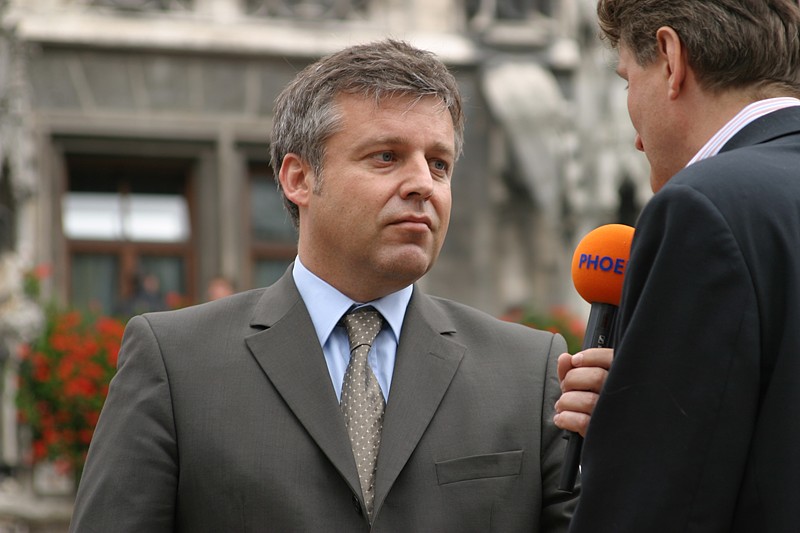
In a heated parliamentary session, Prime Minister Sir Keir Starmer faced accusations of using divisive language in a recent speech on immigration policy. Critics, including opposition MPs and
advocacy groups, argue that Starmer’s remarks risk inflaming tensions by framing immigration as a primary cause of economic and social challenges. The controversy stems from his pledge to tighten visa rules and curb net migration, which stood at 728,000 last year.
Starmer defended his stance, emphasizing a “controlled, selective, and fair” system, but critics like Labour MP Sarah Owen warned against “chasing the tail of the right,” citing a potential “dark path” of scapegoating immigrants.
A British Future survey highlighted public division, with 50% favoring lower immigration and 71% opposing visa cuts for care workers. The debate underscores the political pressure from Reform UK, which recently gained traction by advocating a near-total migration freeze. This story reflects ongoing national tensions over immigration policy, workforce shortages, and political rhetoric, with implications for social cohesion and Labour’s governance strategy.
The government’s plans to ban overseas care worker recruitment and extend settlement periods to 10 years have sparked concerns about sectors like social care, which reported 131,000 vacancies in England last year. As Starmer navigates these challenges, the balance between public sentiment and economic needs remains precarious. Photo by Berit from Redhill/Surrey, UK, Wikimedia commons.





























































